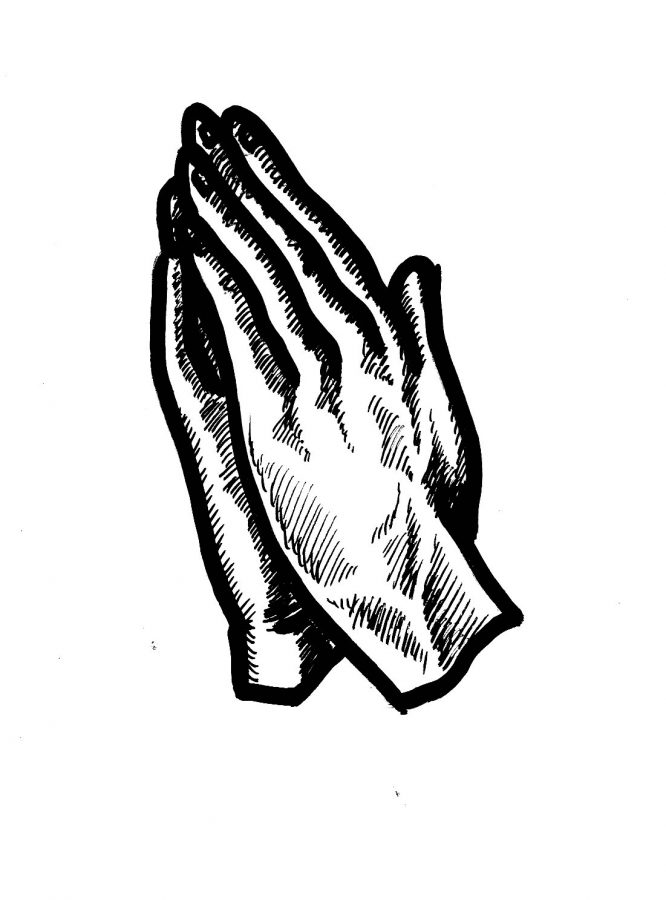The Supreme Court declined to hear a case challenging student-led prayer at Birdville ISD board meetings last week. That decision is a victory for students of faith.
Back in 2015, Isaiah Smith and the American Humanist Association sued the school district, challenging the constitutionality of the school board often opening meetings with prayers under the Establishment Clause. The executive director of the AHA said the prayers are an “unfair and inappropriate practice.” Texas Attorney General Ken Paxton backed the school district, saying, “The student expressions permitted by the Birdville ISD policy are the private speech of the students and thus are permissible under the First Amendment.”
The district said the students volunteered to speak at the meetings and are not given direction on what to say. In lieu of prayers, students have read poems or delivered secular statements. An important line divides school-sanctioned prayer and student-led prayer, which is private speech. The latter allows students to express their private values in an open forum, while the former perpetuates coercive public participation that can run afoul of individual values. This case falls almost entirely within private speech and is thus wholly acceptable.
Barring students from freely expressing their religions is an affront to the Bill of Rights and to the principles on which this nation was founded, such as liberty and freedom from religious persecution. Further, barring religious expression is an unnecessary constraint on students who practice their religion daily. Opening deliberative bodies with prayer originated before the Constitution was ratified and continues today. While no student should ever feel forced to join, not every public display of religious affiliation should be lambasted as unconstitutional.
Religion influences students’ decisions, their interactions with others and other important parts of their daily routines. Consequently, they should have the ability to express those beliefs in front of public officials and teachers without fear of reprisal. Religion is something close-knit communities share, and there’s nothing wrong with connecting through shared beliefs.
Students’ faith naturally creeps into the public sphere. There is always a fine line between state-sanctioned religion and freedom of expression, but religion plays a positive role in the daily lives of many students, creating relationships among peers spanning different years and reinforcing constructive values such as loving your neighbor as yourself. Religious expression integrates students’ private lives with their civic-minded education. Additionally, students of different religious backgrounds can come together in interfaith groups that give them a rare opportunity to bond and appreciate each other.
The 5th Circuit noted in its ruling that “prayer lends gravity to public business, reminds lawmakers to transcend petty differences in pursuit of a higher purpose and expresses a common aspiration to a just and peaceful society.” Its ruling allows students to speak freely and lets faith bring students together in these tumultuous and derisive times. Prayer isn’t confined to places of worship. Students don’t shed their religion at the schoolhouse gate.
Verses is a Plan II and environmental engineering freshman from San Antonio.





















